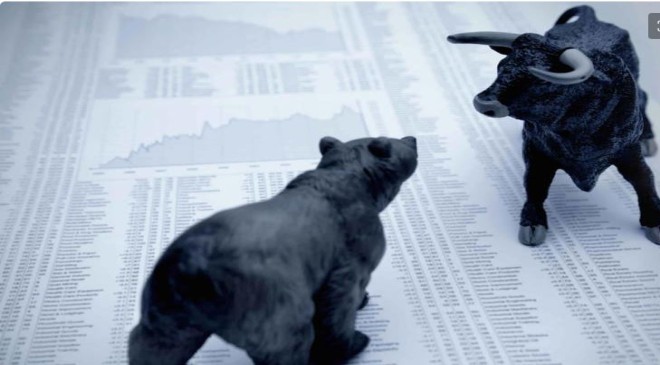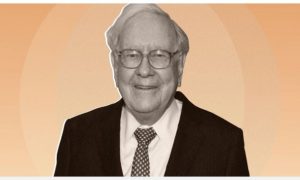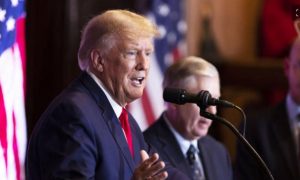MARK HULBERT
Recently compiled data suggest that the 1% federal stock-buyback excise tax that went into effect at the beginning of 2023 will have little to no noticeable impact on the volume of corporate share repurchases.
Read More:- How a HELOC can advance your business
That’s good news for bulls, who feared that the tax would substantially reduce buyback activity, which has been a major prop under the bull market.
Yet a higher tax on buybacks ultimately might not be so benign. In his State of the Union address earlier this year, President Joe Biden proposed quadrupling the tax to 4%. That level could be high enough to dissuade companies from returning cash to investors via the repurchase of shares.
Read More:- Tesla, Meta, WWE, McDonald’s, Ford: Why These 5 Stocks Are Drawing Investors’ Attention Today
Consider first the volume of buyback activity in 2022. Though the tax had not yet gone into effect, it became increasingly clear as the year progressed that it would be enacted. If the tax were going to have a big impact on firms’ reliance on buybacks, we might have seen companies significantly accelerate the pace of buybacks in order to avoid the future tax.
But that didn’t happen. According to Jeffrey Rubin, director of research at Birinyi Associates, announced buybacks were only modestly higher in 2022 than 2021 — 3.7% higher, to be exact.
Also Read:- Social Security: Direct SSI Payment Worth Over $900 To Arrive in 3 Days
Since 2001, according to Birinyi Associates data, the median year-over-year percentage change in total announced buybacks is 3.1%. In an email, Rubin characterized 2022’s increase as “unremarkable.”
How big an impact would the buyback tax have had if it had been in effect for all of 2022? Howard Silverblatt, a senior index analyst at S&P Dow Jones Indices, estimates that the tax would have reduced the S&P 500’s operating earnings by just 0.51%. He concludes: “The 1% tax is an additional cost, but it is still not significant enough to impact the overall buybacks at this point.”
Read More:- 7 Things to Know Before Starting Your Side Hustle
Birinyi Associate’s Rubin agrees. He says that, at least so far, the 1% excise tax on buybacks is having little to no noticeable impact on buyback activity. He added that he “is more concerned about the effect of a slowing economy on buyback activity than the 1% excise tax.”
Would boosting the excise tax to 4% also have minimal impact on buyback activity? Silverblatt doesn’t don’t think so. He says that even a smaller increase, to 2.5%, “could start to impact buybacks” and, in turn, earnings per share.
Read More:- How To Start Your Own Business While You’re Still Employed
Should investors be worried? Given the polarized Congress, it is not at all clear that such an increase has any chance of being enacted. In the meantime, the buyback tax isn’t among the top factors that could influence the market.





























